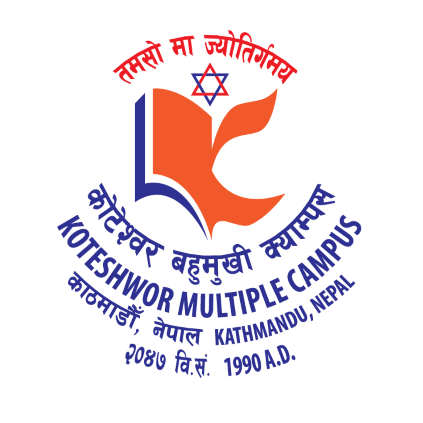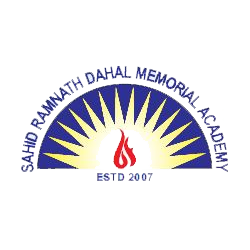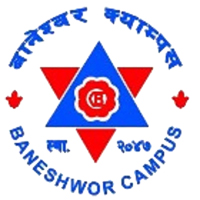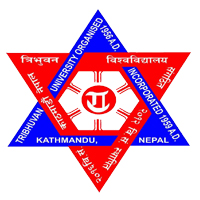Overview
Mahendra Ratna Campus (MRC), Tahachal, Kathmandu, is a constituent of Tribhuvan University (TU) and a pioneer in teacher education in Nepal. Established in 1956 as the College of Education, this institution has played a crucial role in fostering teacher training programs and has earned a significant name and recognition throughout Nepal's educational history.
Today, MRC (Tahachal Education Campus) is the country's largest teacher education campus, with over 8,000 students. Through a blend of academic quality and professional devotion, the institution has grown exponentially and become an epicenter of teacher education and professional development.
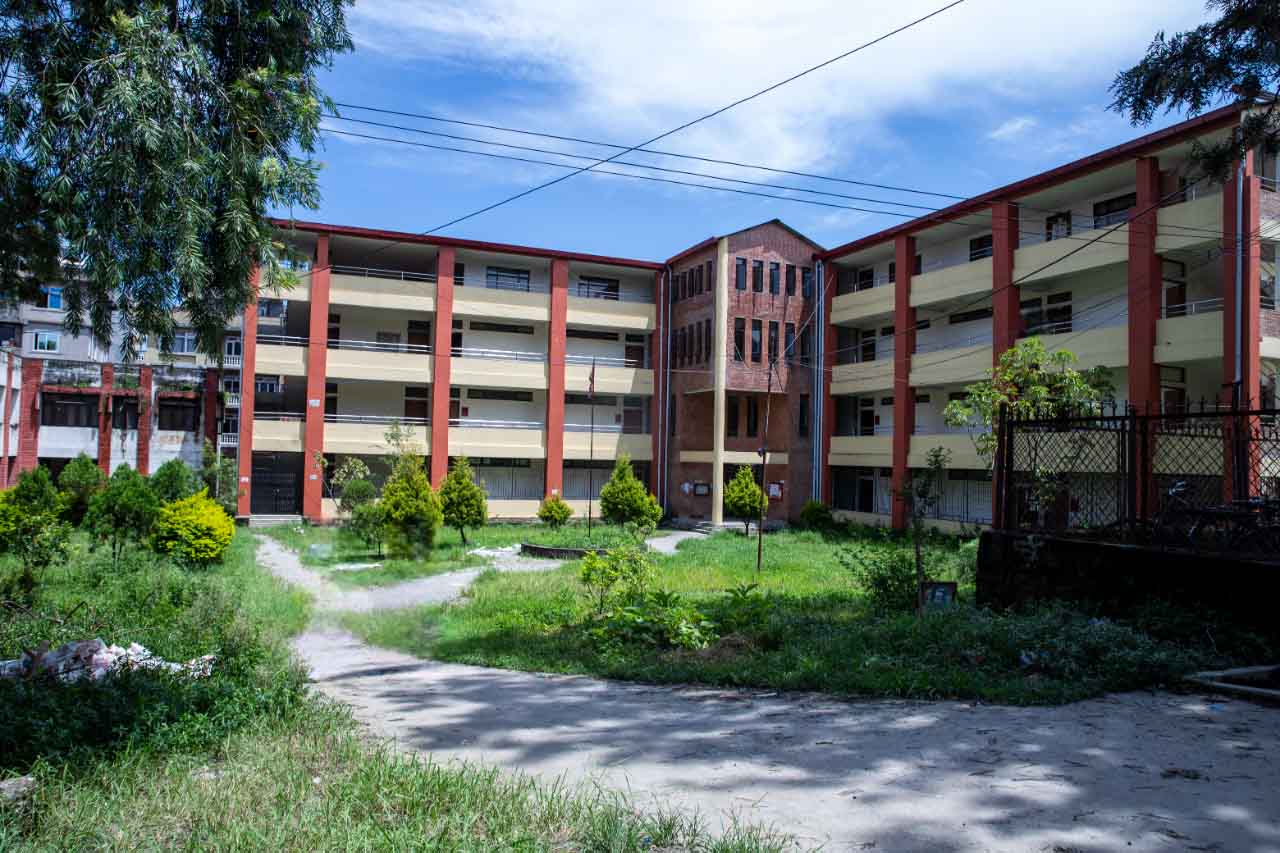
MRC's academic focus primarily revolves around teacher education, professional development for teachers, and educational research. The campus has shown an unwavering commitment to producing innovative, competent teachers with a solid grasp of moral principles. This is accomplished by offering specialized courses in critical areas of teacher education.
The institution's educational programs have recently expanded to include a Bachelor of Education in ICTE (semester system), a Master of Education in all disciplines (semester system), a Master of Education in Health Education and Economics Education, and more. This extensive academic spectrum ensures a broad coverage of areas, preparing students for diverse educational roles and challenges.
MRC's academic community comprises over 5,000 students and their guardians, 200 teachers (including professors, associate professors, lecturers, contract and part-time teachers), over 50 office bearers, and many counselors and well-wishers. This extended family is held together by a dedicated team of teachers, staff, and professionals, enabling MRC to compete successfully in today's global market.
Mahendra Ratna Campus has always envisioned itself as a hub for academic and professional excellence that influences Nepal's educational practices. It aims to bring forth unique ideas and insights that significantly impact the international educational landscape. This includes fostering technical competence, educational administration abilities, teacher professional sensitivity, and various other skills in its students.
To make this vision a reality, MRC has implemented numerous programs that have made educational and physical development strides. The ultimate goal is to inspire the youth to envision a new, revolutionary educational approach in Nepal and provide the tools to bring these dreams to life. The campus offers scholarships and financial aid for deserving and needy people.

Vision
A vision represents a company's long-term goal, depicting what the stakeholders desire for the future. Under its Campus Restructuring Plan 2070, Mahendra Ratna Campus envisions itself as a Nationally Recognized Quality Teacher Education Institution for All Educational Levels in the Country.
This vision aspires to position MRC as a beacon of quality teacher education, catering to all educational levels in Nepal. The institution aims to attain national recognition and assert itself as a leading figure in the field.
Mission
On the other hand, a mission statement communicates an organization's core purpose, encapsulating why it exists and what fundamental objectives it strives to accomplish. The missions of Mahendra Ratna Campus are to:
-
MRC seeks top-notch teacher education programs for public and private schools. The campus is committed to using cutting-edge technology and innovation to ensure the most effective, contemporary teaching practices.
-
MRC aims to establish a platform for the professional development of teachers at all levels. This objective will be achieved through promoting research, fostering professional networks, providing support, and facilitating collaboration. The campus firmly believes in the power of shared learning and collaboration to enhance teaching quality and drive educational advancement.
Goals
Mahendra Ratna Campus (MRC - Tahachal Campus) has defined goals for accomplishing its missions. These goals present an action-oriented roadmap for fulfilling MRC's vision of being Nepal's leading teacher education institution.
-
MRC aims to provide high-quality pre-service and in-service teacher education programs that cater to the country's educational needs. These programs ensure teachers have the knowledge and skills necessary for effective teaching.
-
The campus focuses on preparing teachers and teacher educators for the national, regional, and global teacher education markets. It seeks to produce educators who meet and exceed international standards and contribute to the global education system.
-
MRC aims to train educational leaders capable of administering educational institutions at all levels nationwide. The focus is on honing leadership skills and fostering a deep understanding of education administration.
-
MRC promotes Indigenous teacher education through the country's student-centered teaching model. This effort aims to foster a learning environment sensitive to local contexts and meets the unique needs of Nepalese students.
-
MRC seeks to provide a platform for prospective teachers' professional development. This is achieved by encouraging research and innovation and sharing best practices and success stories in teaching.
-
The campus aims to foster partnerships with teacher education programs and other educational institutions in Nepal and abroad. This promotes mutual learning, sharing, and professional networking, thereby enriching the overall quality of education provided.
-
MRC is committed to promoting inclusive pedagogy in Nepal's teacher education system through student-led initiatives. This goal underscores the institution's dedication to building a diverse, accessible, and inclusive educational environment.
-
MRC aims to offer short-term teacher training and diploma programs based on market needs. These flexible, market-oriented programs ensure that teachers are ready to meet the evolving demands of the educational sector.
Features:
-
Established in 1956, Mahendra Ratna Campus is a pioneer in teacher education in Nepal. It maintains its legacy by offering quality education and fostering innovation in teaching methodologies.
-
The campus provides various academic programs, including Bachelor's, Master's, and Diploma courses in various education disciplines. These programs cater to the diverse needs of the teaching profession and include general education and specialized fields such as Information Communication Technology and Mathematics.
-
MRC has a team of over 200 teachers, including professors, associate professors, lecturers, and part-time teachers. They are all highly qualified and dedicated to nurturing future educators.
-
MRC is home to over 8,000 students from all over Nepal, making it the country's most significant teacher education campus.
-
The institution utilizes the latest technology and innovation in its educational practices and programs, preparing students for modern teaching environments.
-
MRC provides a platform for teacher professional development, promoting research, collaboration, and the sharing of best teaching practices.
-
MRC promotes inclusive pedagogy through student-led initiatives through student-led initiatives, underscoring its commitment to diversity and inclusiveness in the educational environment.
-
MRC aims to prepare teachers and educators for national, regional, and global teacher education markets, producing educators who can meet and exceed international standards.
-
MRC promotes Indigenous teacher education, aiming to create a learning environment sensitive to local contexts and catering to the unique needs of Nepalese students.
-
MRC fosters partnerships with educational institutions inside and outside Nepal to enrich the quality of education and promote mutual learning, sharing, and professional networking.
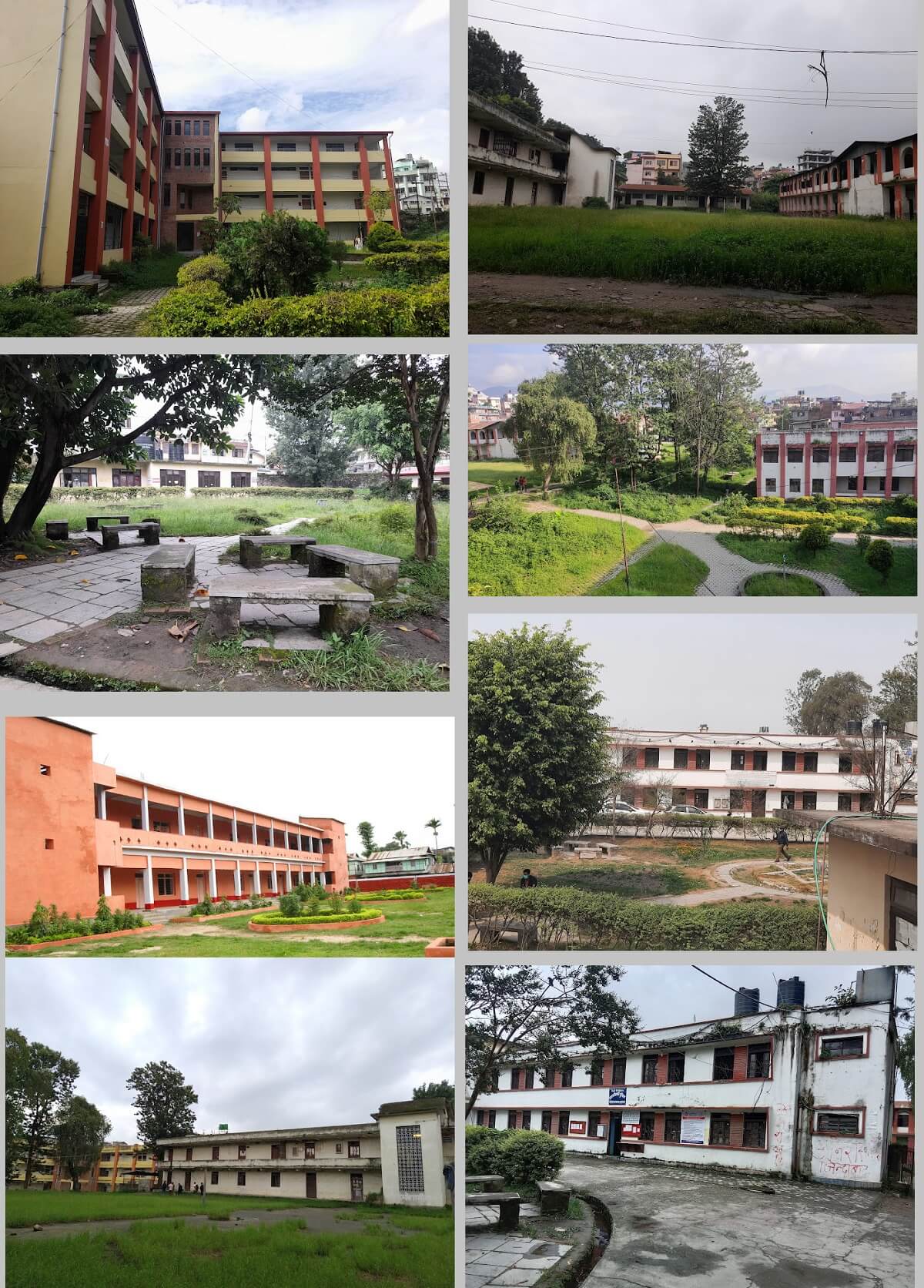
Program Offered:
Mahendra Ratna Campus (MRC), affiliated with Tribhuvan University, offers a wide range of academic programs designed to meet the varied needs of the teaching profession. These programs reflect the campus's commitment to equipping educators with the necessary skills and knowledge for effective teaching.
Bachelor of Education (BEd)
The Bachelor of Education program is a foundational course designed to prepare students for a career in teaching. It focuses on imparting the skills and knowledge required to teach effectively at various educational levels.
Master of Education General (M.Ed)
The Master of Education General program provides a more in-depth understanding of educational theories, teaching methodologies, and the broader educational system. It is designed for individuals aiming for advanced teaching roles or educational administrative positions.
Bachelor of Education in Information Communication Technology (BICTE)
The BICTE program is a specialized course that integrates technology into teaching and learning processes. With an intake capacity of 80 seats, this program equips future educators with the skills to effectively use Information Communication Technology in educational settings.
Post Graduate Diploma in Social Studies
The Post Graduate Diploma in Social Studies is a specialized program that hones students' teaching abilities. It deepens students' understanding of social sciences and enhances their skills in imparting this knowledge to students.
MEd in Science Education
The MEd in Science Education program focuses on training educators in the field of science. It provides a deep understanding of science concepts and effective methods for teaching science at different educational levels.
Post Graduate Diploma in Mathematics Education
The Postgraduate Diploma in Mathematics Education program aims to produce effective mathematics teachers. It equips students with a strong understanding of mathematical concepts and pedagogical strategies for teaching mathematics efficiently.
Through these programs, Mahendra Ratna Campus ensures a comprehensive, specialized, and cutting-edge education for aspiring teachers and educational leaders. These offerings align with MRC's mission to provide high-quality teacher education, fulfilling its goal of contributing significantly to Nepal's education system.
Contact Mahendra Ratna Campus's administrative office for detailed information on the course, admissions, location, fees, scholarships, facilities, counseling, or eligibility.




